Indications:
● Traveler's Diarrhea: Used to treat traveler's diarrhea caused by noninvasive strains of E. coli in adults and children over 12.
● Irritable Bowel Syndrome with Diarrhea (IBS-D): For the management of IBS-D in adults.
● Hepatic Encephalopathy: Prevents overt hepatic encephalopathy (HE) in adults.
Administration Guidelines
Dosage:
● The dosage of Zaxine varies based on the condition being treated. It is essential to follow a healthcare provider’s prescription.
● For traveler’s diarrhea, the usual dose is 200 mg taken orally three times a day for 3 days.
● For IBS-D, 550 mg taken orally three times daily for 14 days may be recommended.
● To prevent hepatic encephalopathy, 550 mg twice a day is commonly prescribed.
Method of Administration:
● Oral: Zaxine tablets should be taken orally with or without food as directed by a healthcare provider.
Dosage Form:
● Tablets: Zaxine is available as 200 mg and 550 mg film-coated tablets for oral administration.
Safety Preclusions
Pregnancy and Breastfeeding:
● Zaxine should be used during pregnancy only if needed, and the benefits outweigh the risks. Consultation with a healthcare provider is necessary.
● It is unknown if rifaximin passes into breast milk. Nursing mothers should exercise caution and discuss with their healthcare provider.
Drug Interactions:
● Although rifaximin has minimal systemic absorption, it is important to discuss all medications, supplements, and herbal products being taken with a healthcare provider to identify potential interactions.
|

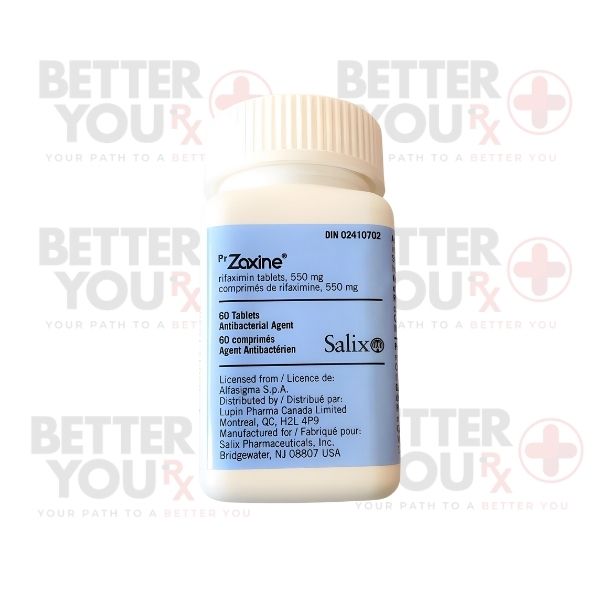
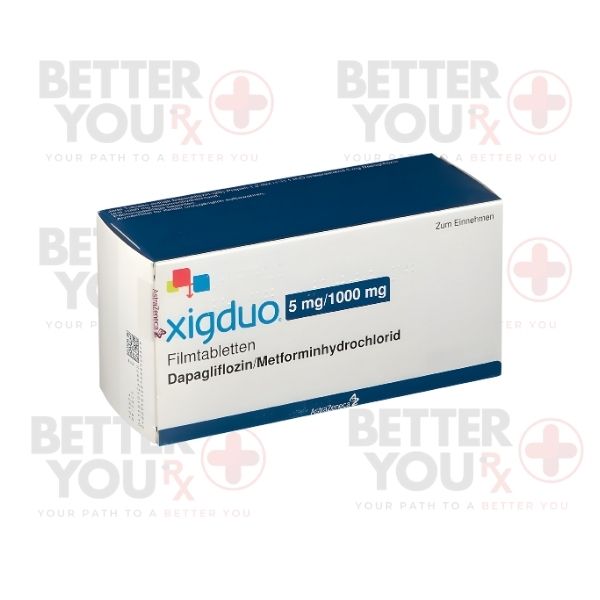
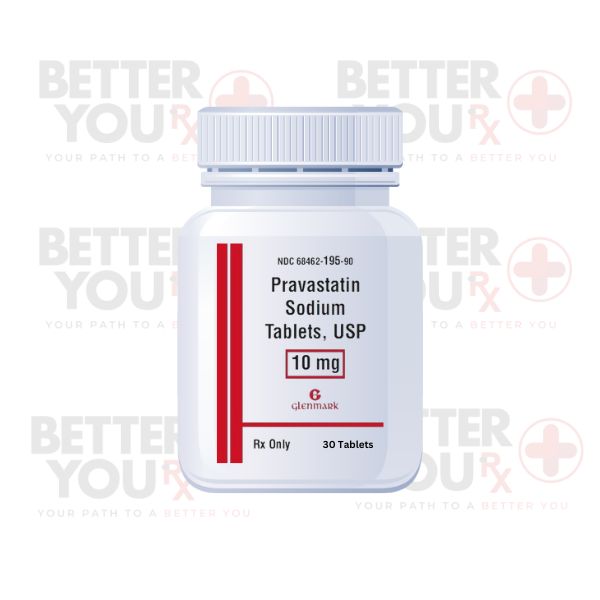
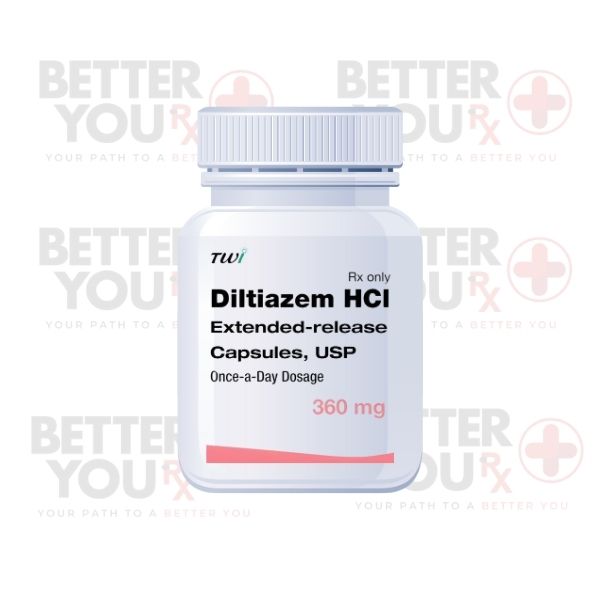
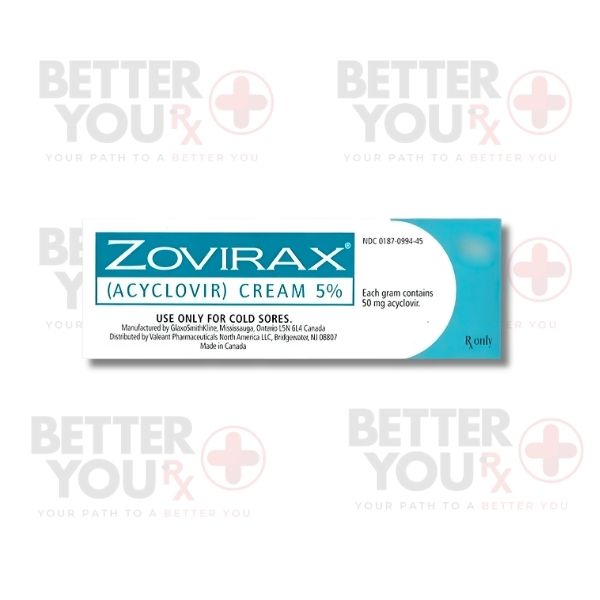
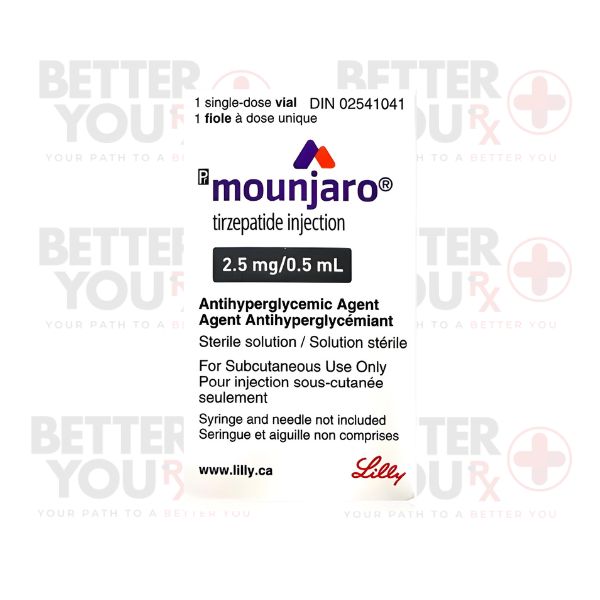

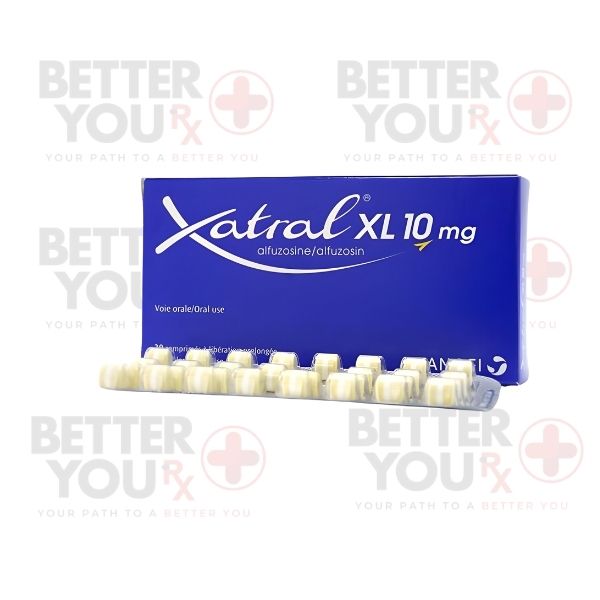
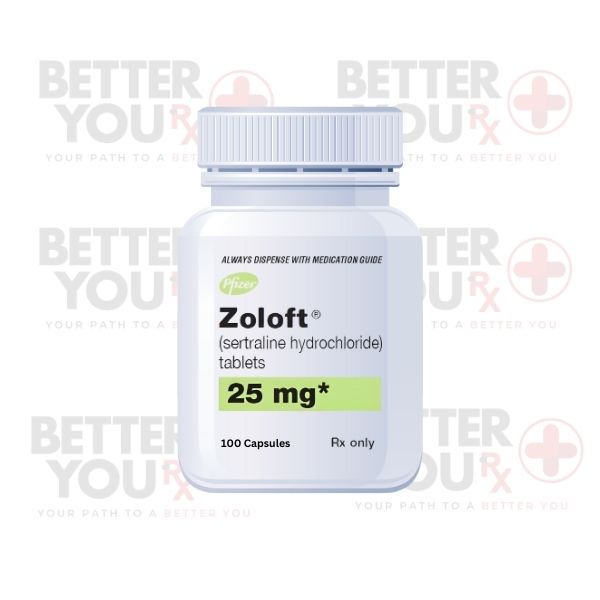
Reviews
There are no reviews yet.